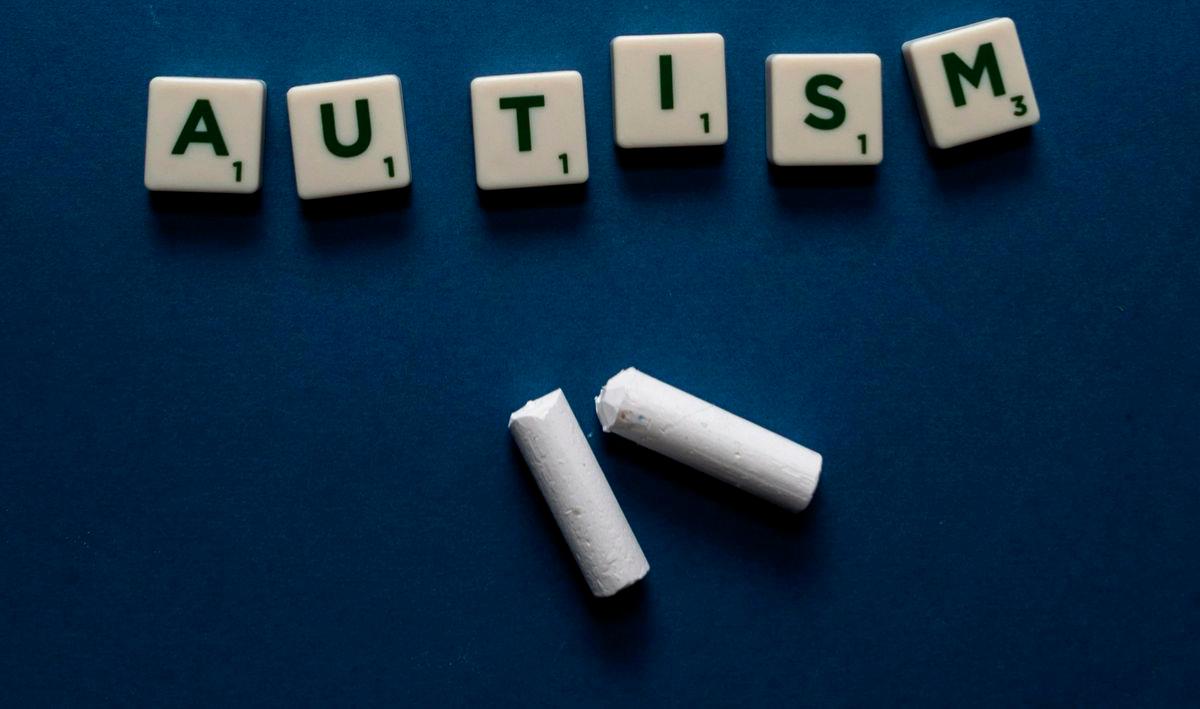PETALING JAYA: Autism awareness in Malaysia has improved over the past decade, but persistent misconceptions continue to hinder proper support and inclusion, according to consultant paediatrician and child-disability advocate Datuk Dr Amar-Singh HSS.
He added that the rate of autism has increased in society over the past 30 to 40 years and referred to data from the US Centers for Disease Control and Prevention, which estimates that this year one in every 31 children or 3.2% will have autism.
“This increase is partly due to better detection, but also reflects a real rise in the number of persons with autism,” he said.
Malaysia has seen a similar trend.
According to the Social Welfare Department, the number of children diagnosed with autism rose over a decade from 6,991 in 2013 to 53,323 in 2023.
Amar said although more Malaysians are familiar with the term autism today, many still mistakenly view it as a disease that needs to be cured.
“Autism is not a medical condition, illness or disease. An autistic person is someone whose brain works differently from others. We often use the term ‘neurodivergent’,” he explained.
He highlighted that stereotypical portrayals in the media have shaped public perceptions of autistic individuals and stressed the importance of respectful language.
“We prefer (them) being called ‘persons with disabilities’ or ‘disabled’, rather than ‘differently abled’ or ‘special needs’. For autism, use ‘person with autism’, ‘autistic person’ if that is the individual’s preference, ‘neurodiverse person’ or ‘person on the autism spectrum’.
“Avoid labels such as ‘low-functioning’ or ‘high-functioning’, and terms such as ‘mild’, ‘moderate’ or ‘severe’,” he said, adding that autistic people are as diverse as any other group.
Amar emphasised that proper language upholds dignity and celebrates diversity, avoiding harmful stereotypes.
He said one of the largest gaps in Malaysia’s approach is early intervention.
Highlighting international figures, Amar said at least 10% to 15% of children have developmental disabilities, yet many are only identified when they enter school, often too late for effective support.
He stressed that early screening and intervention can significantly improve inclusion, reduce reliance on special education and enhance long-term outcomes, including employability and independence.
An effective early intervention programme includes inclusive kindergarten placements with small teacher-to-child ratios, personalised education plans, communication therapy, social skills development and behaviour support from trained professionals.
Amar called for a shift from NGO or privately led services to government funded, mainstream provisions accessible across all communities, including rural, indigenous and urban poor areas.
He also advocated family centred care and universal design in learning, moving away from deficit based models.
Among the practical barriers faced by families, Amar pointed out a lack of routine developmental screening for children aged two to six and the limited availability of early intervention services, especially for marginalised groups such as rural, indigenous, migrant and stateless families.
He added that a key issue is the lack of consultation with autistic individuals by organisations and government bodies.
“The motto ‘nothing about us without us’ demands that autistic people be included in leadership and policy discussions. Inclusion starts with listening,” he said.
Amar also noted that autistic individuals who belong to other marginalised communities face compounded barriers and are even more likely to be excluded.
“We need policy shifts that take a rights-based approach. Not charity, not pity, but rights.
“Autistic people should be at the centre of discussions about policies that affect them.”









